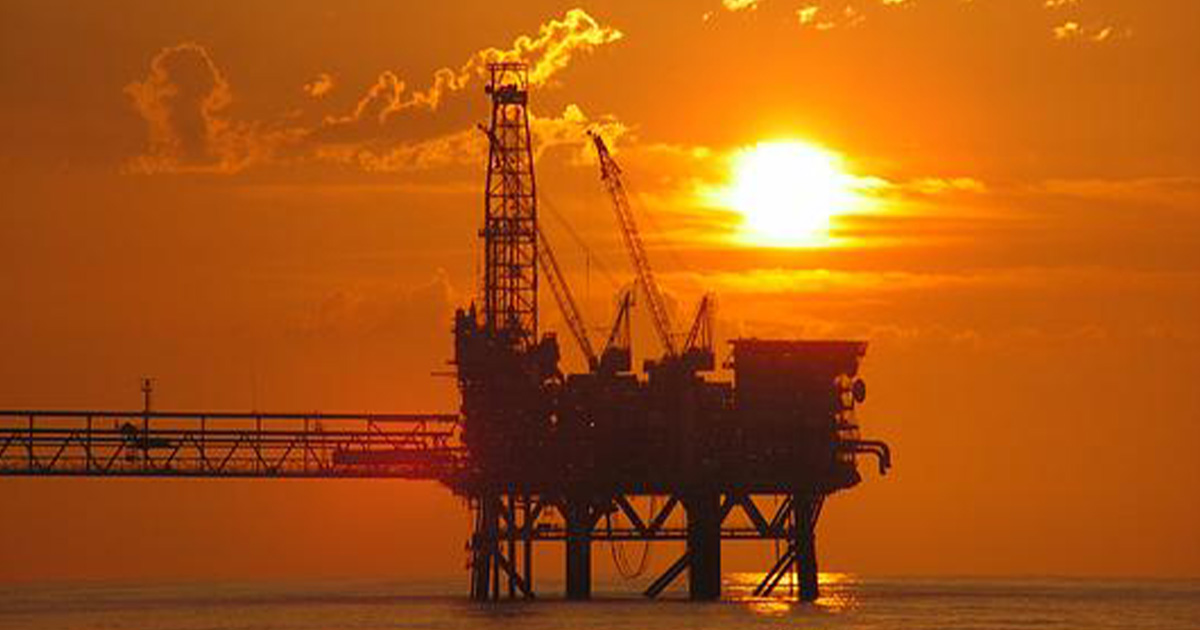Decommissioned offshore structures offer limited long-term ecological benefits if they are simply left in the ocean to serve as artificial reefs, a new study suggests.
The research, published in the journal Nature Sustainability, saw researchers carry out a comprehensive analysis of existing studies into the environmental impacts of marine artificial structures—including oil and gas platforms and offshore wind farms—all over the world.
It highlighted that such installations could offer some ecological benefits—including increasing the diversity and abundance of fish species—in areas where the seafloor was mostly comprised of sand.
However, there was limited conclusive evidence that oil and gas platforms and offshore wind farms could provide additional substantial benefits if they were left in the sea after being decommissioned.
In particular, the available evidence did not allow the researchers to draw clear conclusions on how the structures compare to natural rocky reef—which limits the ability to establish whether they can serve as artificial reef at all.
As a result, the researchers say more detailed investigations are needed into the best way to manage such structures at end-of-life, as repurposing them into artificial reefs may not provide the intended benefits.
The study was carried out by researchers at the University of Plymouth, Plymouth Marine Laboratory and the Centre for Environment, Fisheries and Aquaculture Science (Cefas).
They analyzed data from more than 530 scientific studies on the effects of marine artificial structures in the sea. These ranged from oil and gas platforms and offshore wind farms established during the 20th and 21st century to accidental shipwrecks—some of which had lain on the seabed for over 400 years—and purpose-built artificial reefs.
It is particularly timely with global governments and other agencies setting targets of achieving net-zero emissions by 2050 as part of their decarbonization agendas, resulting in the decommissioning of existing offshore platforms and the construction of thousands of new ones.
The research was carried out as part of the Decommissioning—Relative Effects of Alternative Management Strategies (DREAMS) project. DREAMS is funded under the work of the INfluence of man-made Structures In The Ecosystem (INSITE) program, a consortium of industry and academics looking at the ecological effects of manmade structures in the North Sea.
It uncovered a considerable amount of research looking at the impact of the structures in situ, however there was very little research demonstrating the direct effects of decommissioning.



